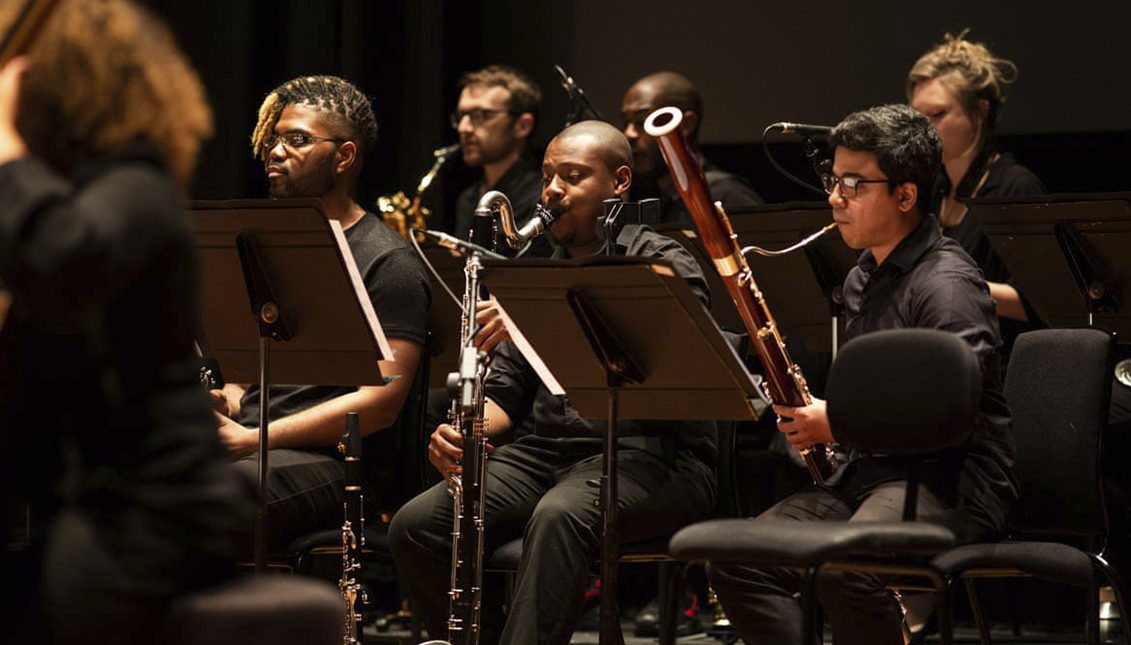
Classical music is much more than a white European men's club
It's well known at the University of Minnesota Music Library, where they have decided to diversify their collection (and the task is not an easy one).
From composer Camargo Guarnieri, known as the Brazilian Mozart, to Mexicans Carlos Chávez and José Pablo Moncayo, classical music is full of great Latin names.
However, finding their music scores is almost a work of academic archeology, where the Western canon is always taken as a reference. That is: white men and most of them dead.
But new tunes of change are beginning to make their way through the dusty shelves of libraries thanks to the insistence of conscientious musical detectives.
This story begins two years ago, when University of Minnesota alumnus Jared Miller began collecting music scores for his second master's recital.
Miller was looking for a very specific score written by his favorite Mexican composer, but it wasn't in the university library, and he couldn't find it on the Internet.
With the help of the university's music librarian, Jessica Abbazio, they discovered that it was only published in Cuba and obtained a copy from a cellist who had performed it three decades earlier.
The adventure opened Abbazio's eyes and made eher realize that the Music Library needed to be much more diverse. That is, A LOT. Since 85% of the university's collection, which houses more than 100,000 items including recordings, books, scores and CDs, was from white or European composers.
RELATED CONTENT
"There really has been this myth that these composers from the Western canon are the quintessential musicians," Abbazio told the Minnesota Daily. "And I'm not taking anything away from them, but by creating this sort of masterworks room, it's sort of a closed loop.... There's a bubble of classical music that I really think needs to expand or burst."
Since then, the librarian has been doing work that not only students will enjoy, but also music fans that want access to a much more diverse repertoire through inter-library loans. And, in the long run — and this is what many students hope — it may influence curricula.
"From high school and onward it's been frustrating for me, and I'm sure it's been frustrating for my other Latin American musician friends," Miller told Minnesota Daily. "Because I didn't grow up knowing that Latin America had classical music."
"There's something very important about venturing outside the Western canon because, for me, it helped me discover and explore my own personal and cultural identity," the musician added. "I know that sometimes, through no fault of their own, teachers are hesitant [to teach outside their comfort zone], because they themselves don't know it. But that's a growth opportunity for both them and their students," he concluded.
There is life beyond Mozart, Beethoven or Schubert. Again, getting lost in a few lines of the staff hurts the melody.












LEAVE A COMMENT: